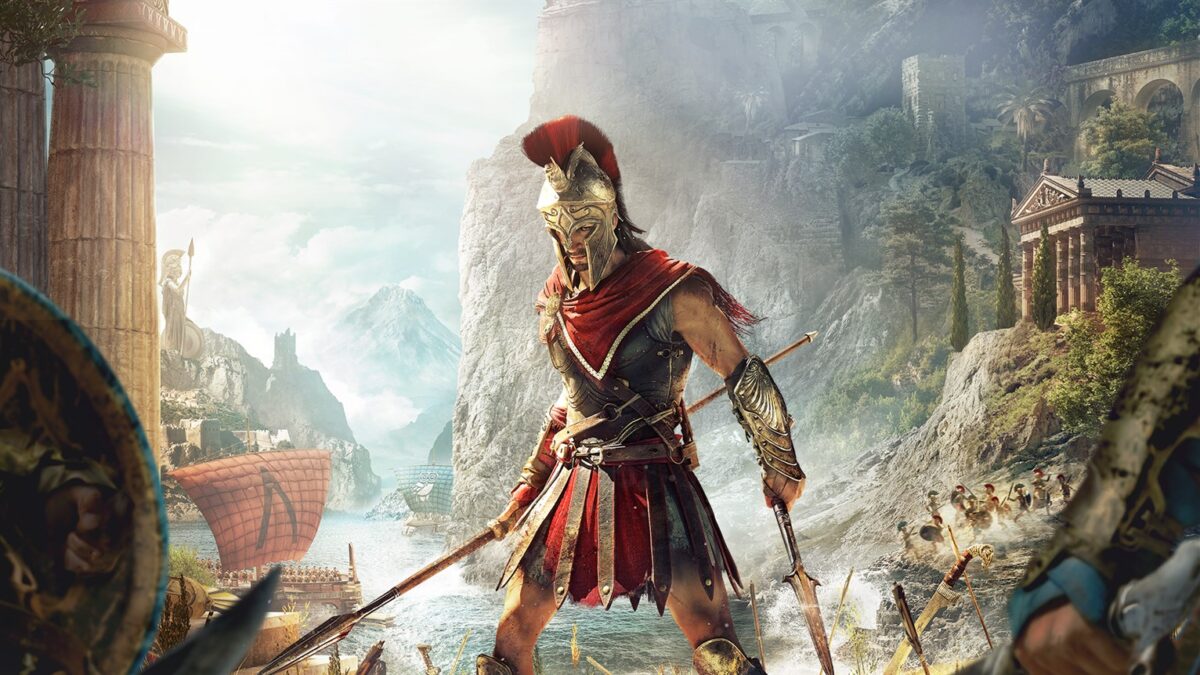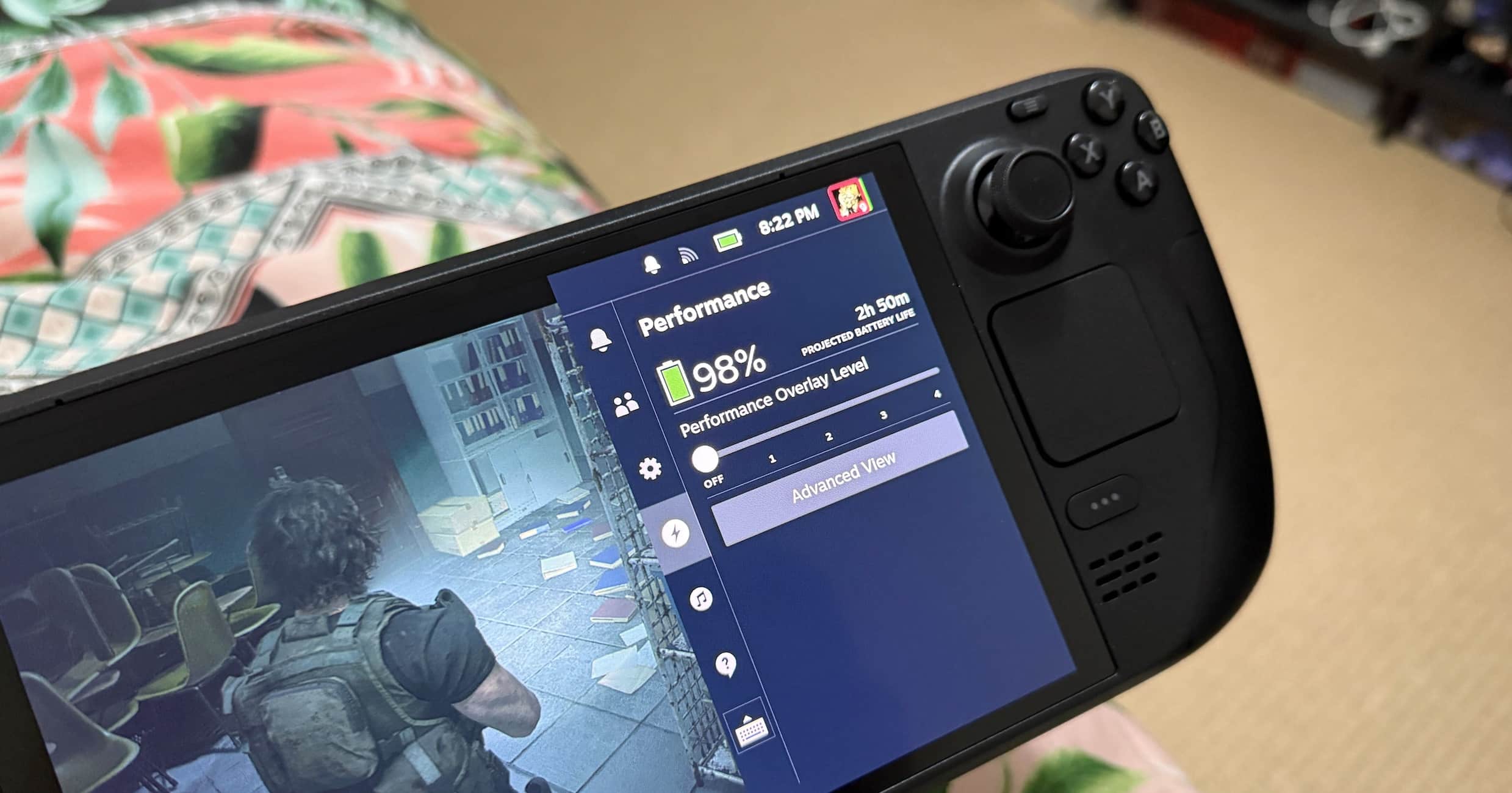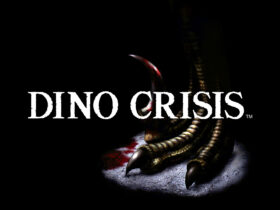For a couple of years now, even action games which didn’t use to have that many systems to begin with, are padded out with RPG systems. Shooters now have XP bars, simple platformers are now filled with skill trees, and even sports games hand out loot boxes like they’re sacred scrolls in an RPG.
It’s weird to me, since I grew up playing RPGs almost exclusively as a kid, without knowing what a role playing game actually is. For me, they were just grand adventures, and the XP and skill trees were just part of what made these games so adventurous, nothing to just slap onto any game and call it a day.
Lately, it’s as if certain publishers decided that progression mechanics are the only way to keep players hooked, and it doesn’t really matter to them, if these systems actually fit the game design they chose to implement. Here’s where the opinion kicks in – not every game needs an RPG system. Forcing RPG mechanics into genres where they – arguably – don’t belong, or just prolong the play time, often adds nothing but clutter.
Sometimes a shooter is just a shooter, and a runtime of eight hours is nothing to be embarrassed about. Sometimes a narrative game is better, when it isn’t bogged down by endless stats and the obligatory dialogue system, when it’s able to breathe for itself and tell a confined, sometimes intimate and contained story.
Not Every Game Needs to Be an RPG
Honestly, I’ve lost count of how many times I’ve seen people dismiss a game, because it “doesn’t have any RPG systems man.” It’s become a nigh-OCD reflex at this point. No skill points? No crafting? No loot? Suddenly the game is shallow.
But this logic doesn’t hold up when you actually look at what people play and love.
Let’s take Elden Ring for example, one of the biggest GOTY of recent years. It’s still to this day hailed as one of the greatest RPGs of all time, but I disagree. Let’s break it down: No living NPC schedules, no stealing mechanics, no breathing world, and no complex sim-style systems underpinning its world, so no real ways to roleplay to be found.
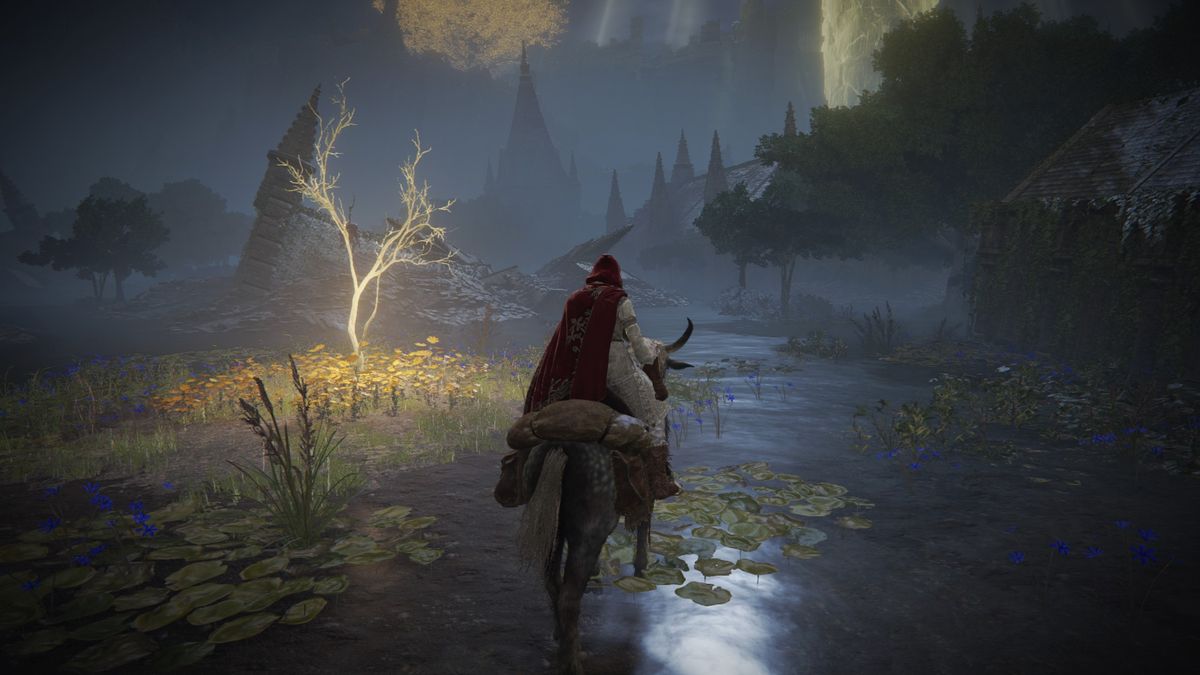
NPCs stand around waiting for you, static puppets, until you, the great hero, triggers them. And you know what? That’s fine. What sounds like stark criticism isn’t, because the systems in place are perfectly good as they are – just stop calling Elden Ring an RPG, simply because it lets you level up.
Leveling up, acquiring loot and exploring an open world can be part of an RPG – but these attributes aren’t defining factors, by any stretch of the imagination.
Action Games Can Be Just That
I know I will probably anger some players with what I’m about to say, but bear with me. The newer Assassin’s Creed titles such as Valhalla did not need a loot system to pretend it’s an RPG – it never was, and it never will be.
You’ve got skill trees sprawling in every direction, gear rarity systems, and stats attached to just about everything you touch. But dig deeper and you realize most of it is unnecessary padding. The real meat of the game is the exploration, the stealth, and the historical sandbox Ubisoft has always been good at. All those layered-on RPG mechanics don’t add depth, they add friction. Do we really need to juggle dozens of nearly identical weapons, with slightly varying stats just to roleplay a Viking? Probably not.
Now, we’re coming to the point of contention for many.
The Witcher 3 isn’t an RPG; it’s an open world action adventure. The Witcher 3 is often hailed as the gold standard of RPGs and please, don’t get me wrong – I love it, and it’s one of the best games of its generation. But let’s be honest; compared to The Witcher and The Witcher 2, it’s actually less of an RPG. The earlier entries leaned harder into stats, builds, and role-playing structure.
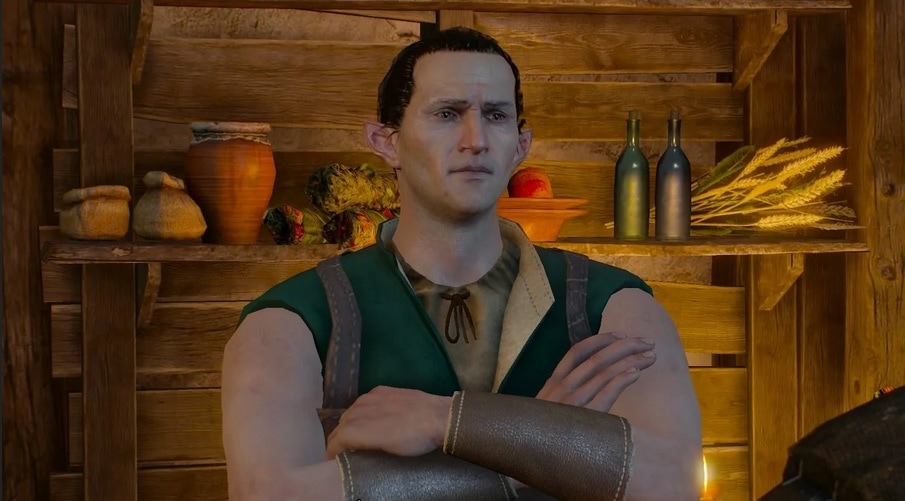
By the third game, CD Projekt RED streamlined those systems in favor of story-driven spectacle. And here’s the kicker; having choices and consequences in dialogue doesn’t magically make a game an RPG. That’s narrative design, not role-playing depth. The Witcher 3 thrives because of its world and writing, not because of its watered-down progression systems. Now, we’ve talked a lot about which games had bad RPG mechanics – but what about good examples in this regard?
Good Examples Of RPGs
If you want to see what true role-playing looks like, you have to look back at games like our well-reviewed classic Gothic and Arx Fatalis. These weren’t bloated open worlds stuffed with icons to “graze” upon, they were living, breathing ecosystems that made you feel like a small part of something much bigger. And even way before games like Oblivion or The Witcher, NPCs had schedules.
They woke up, worked, ate, slept, and went about their day whether you were there or not. The world didn’t orbit around you – you had to find your place in it. That’s the essence of role-playing. Fitting into a world that feels alive without you, and carving your path inside it. To this day it annoys me to no end, that I can walk Geralt straight into someone’s house, steal all their stuff and the NPC doesn’t react.
And the irony is that these games were set in the most unlikely places. Gothic’s prison colony should’ve felt claustrophobic and limited, but instead it created a microcosm where every faction had its own rules and agendas, and your choices actually mattered beyond what you wore on your filthy, criminal-body. The nameless hero was the epitome of your every day man, and you felt it the second you were thrown into the prison colony.
Arx Fatalis confined you even further, with its underground world where the sun had died, yet every cavern and settlement buzzed with believable life.
You couldn’t just walk into the shop at every moment in time, because guess what – shops aren’t open 24/7 in any world, no matter how fictional they might be. These were worlds in motion and you weren’t the center of everything, you were a role within that universe, and that’s what made them immersive in a way most “modern RPG-lite” titles can only dream of.
Why We Need to Let Games Have Their Own Identity
Long story short, the obsession with mechanics over identity misses the point entirely. A game doesn’t need to justify itself with XP bars or endless loot. Sometimes a linear action game works best as a linear action game. Sometimes an RPG thrives by focusing on story and choice rather than systems.
Some of the best times I’ve had in recent years were boomer-shooters that knew exactly what they were trying to be, as the recent Boomstock event on Steam showed – there’s still an audience for simple, sometimes campy fun.
Demanding RPG systems in every title is like asking every movie to be three hours long and full of plot twists. Not every story needs the same open world structure, and not every action game needs the same RPG mechanics tacked onto. Depth doesn’t come from features on a checklist, it comes from how well the chosen features are executed, which is probably why you felt recent games being as wide as an ocean – but as shallow as a puddle.
